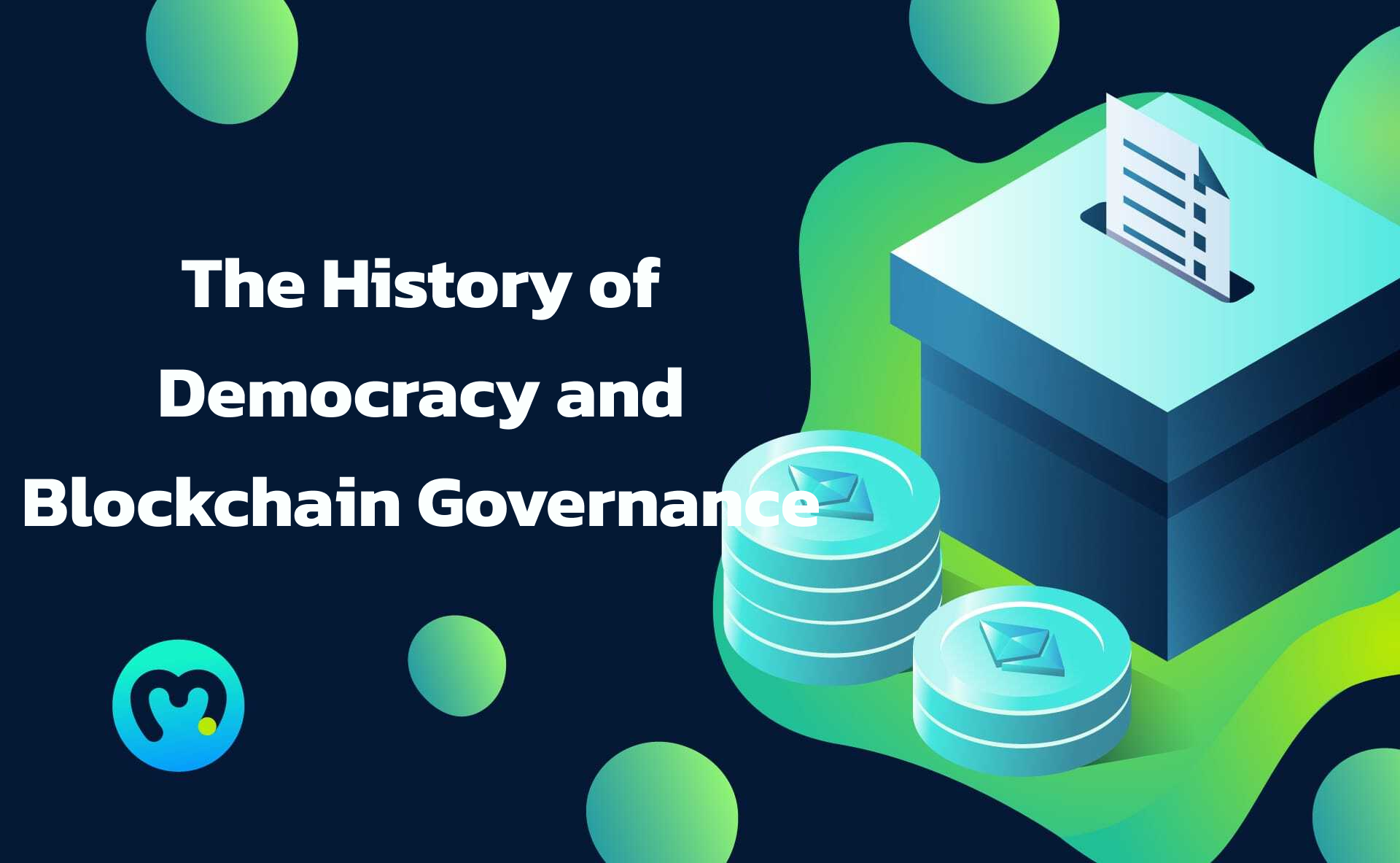The History of Democracy and Blockchain Governance

DAOs can transform society by democratizing previously hierarchical economic and social activity. DAOs haven't reached real decentralization, as many have noted.
Tokenholders lack the competence and time to participate in DAO governance. We lack explicit procedures to guarantee DAO choices are aligned with tokenholders interests.
These issues mirror those faced by democratic societies in the physical world. Two millennia of studying and creating democratic governments can improve DAO governance.
As a political science and political economy professor interested in DAOs, I have suggestions for improving their governance by looking to the physical world.
Simplify voting
While DAOs handle proposals and votes differently, they generally require tokenholders to vote on numerous issues.
Referendum-based voting systems rarely succeed since citizens can't spend hours each week studying topics and voting.
Asking voters to vote on a few key issues can boost turnout. While less democratic, this boosts voters' influence over the DAO's most critical decisions.
Strengthen delegation systems
Democracies have evolved representational methods of governance in place of referendums. More DAOs are developing delegation systems.
Democracies have evolved mechanisms to assist voters identify and retain excellent delegates and fire bad ones, including news media ecosystems, party-based campaigns, and transparency and disclosure regulations to mitigate conflicts of interest and foster accountability.
First, DAOs should use tools to track delegate activity. Yet-to-be-engaged voters need analysis, not data. Trusted figures' coverage, analysis, and endorsements of delegates will benefit DAO voters more than mere data.
Re-elect delegates at regular intervals.
Voters can continuously pledge their tokens to delegates in DAOs that use delegation.
Democracies rely on regular, predictable elections. Holding elections at designated times coordinates voters' attention, rather than asking them to constantly monitor their delegates. It offers reps milestones to shape their behavior.
DAOs could try frequent elections and unique "Election Days" that bring people together to debate and vote. As in the physical world, they should experiment with term lengths, remuneration systems, and delegate term restrictions.
DAOs sometimes put their labor experts' recommendations to tokenholder votes to align incentives. Tokenholders are unlikely to pay enough attention or contribute sufficiently to make educated decisions about DAOs' daily technical decisions.
As a council, delegates may pick managers who could make operational choices more expertly than tokenholder voting. Unelected administrators are accountable to tokenholders because elected delegates can fire them at any time. Corporate governance is similar.
A "constitution" could spell out what managers can do unilaterally (hiring and firing), what requires delegates' permission (passing a budget), and how delegates can remove them.
DAO Governance Research
DAOs allow us to democratize our work, activities, and resources. To succeed, we must develop and experiment with ways to organize DAO decision-making.
While democratic governments have failed in certain ways, they offer lessons that can help us achieve a better future.